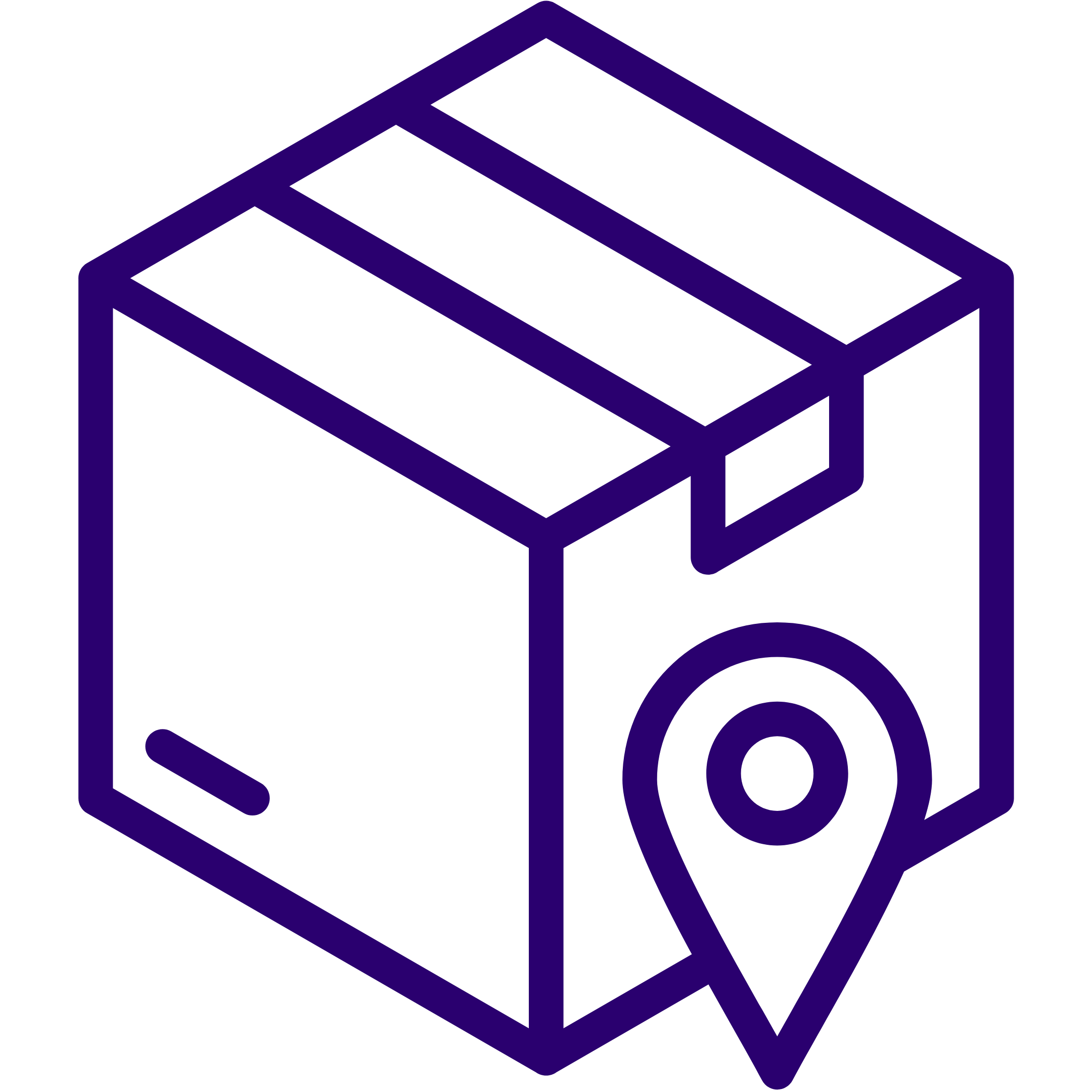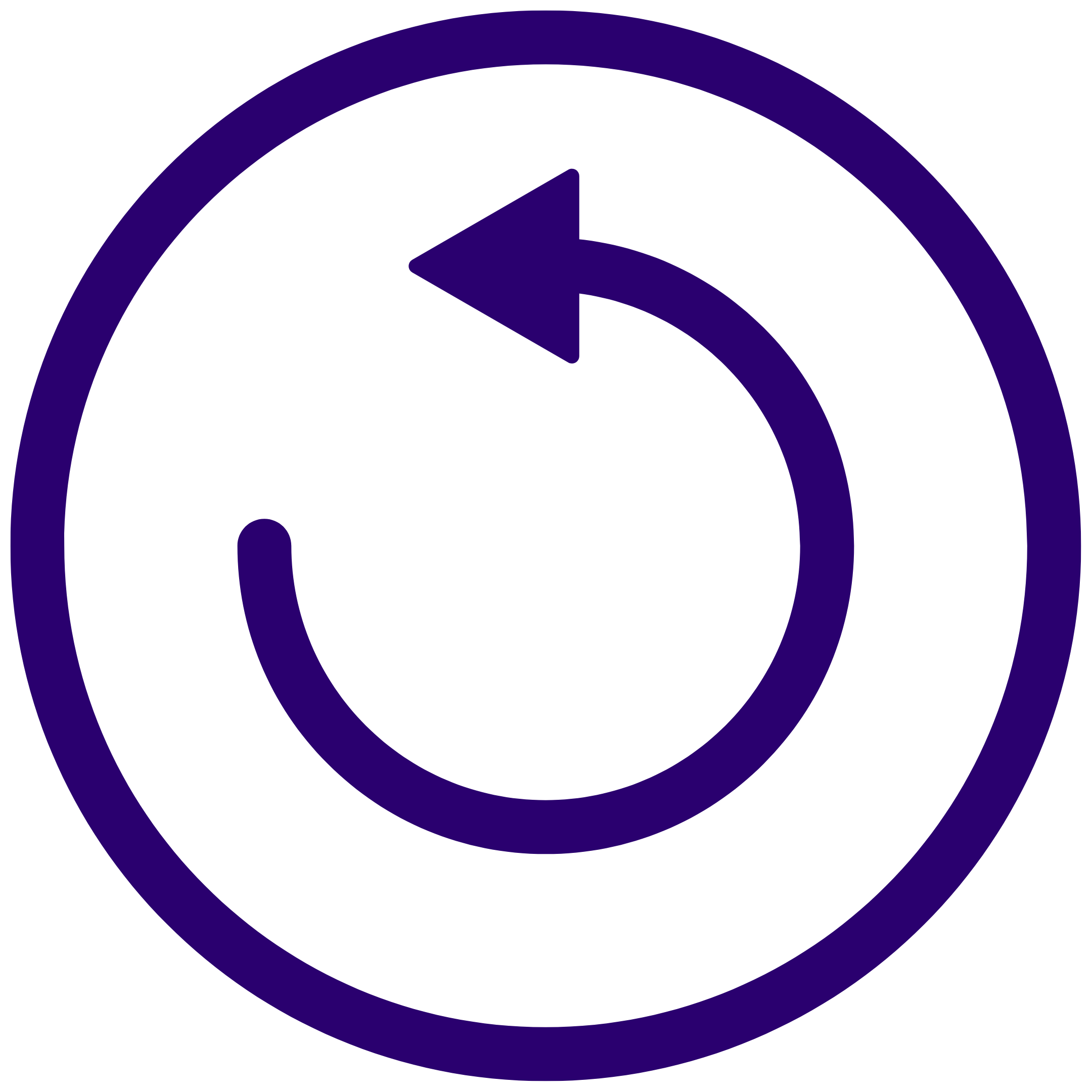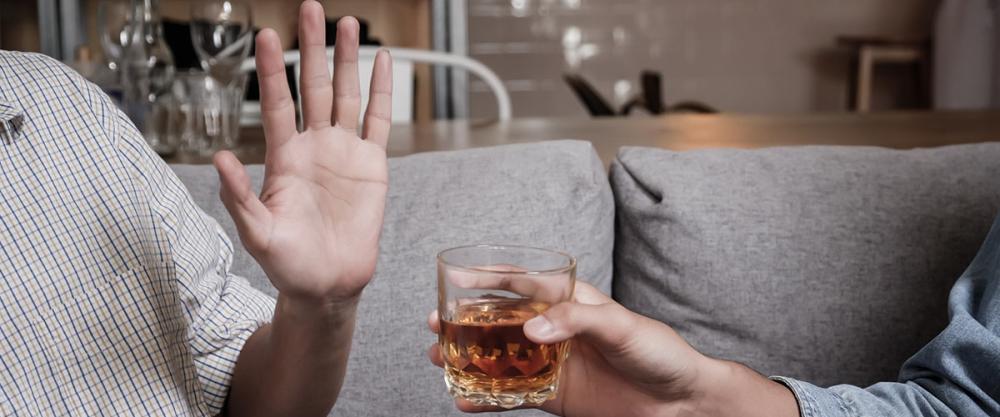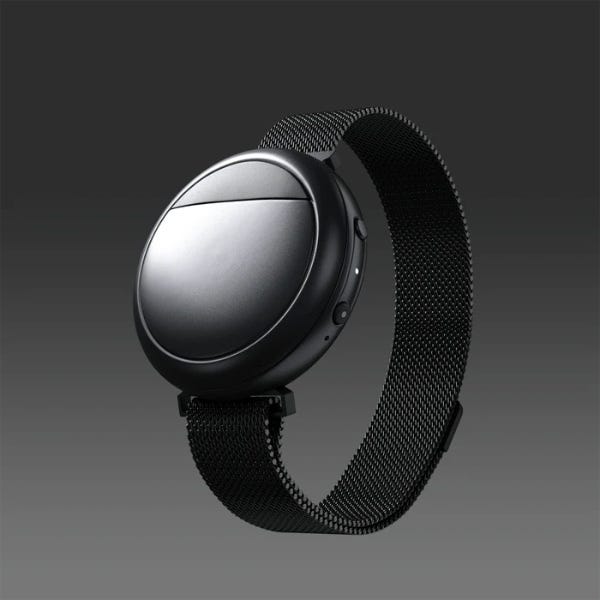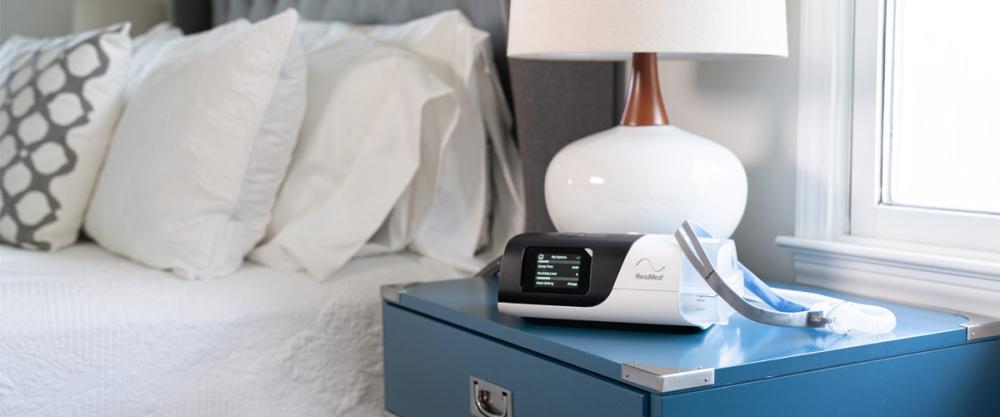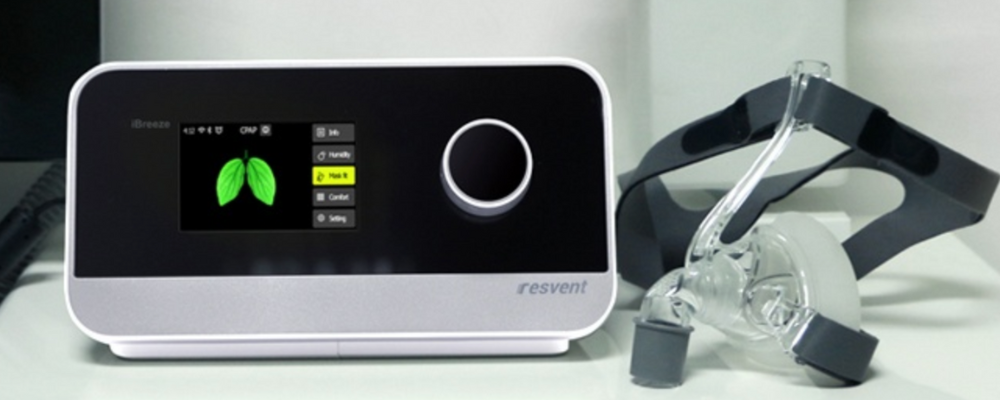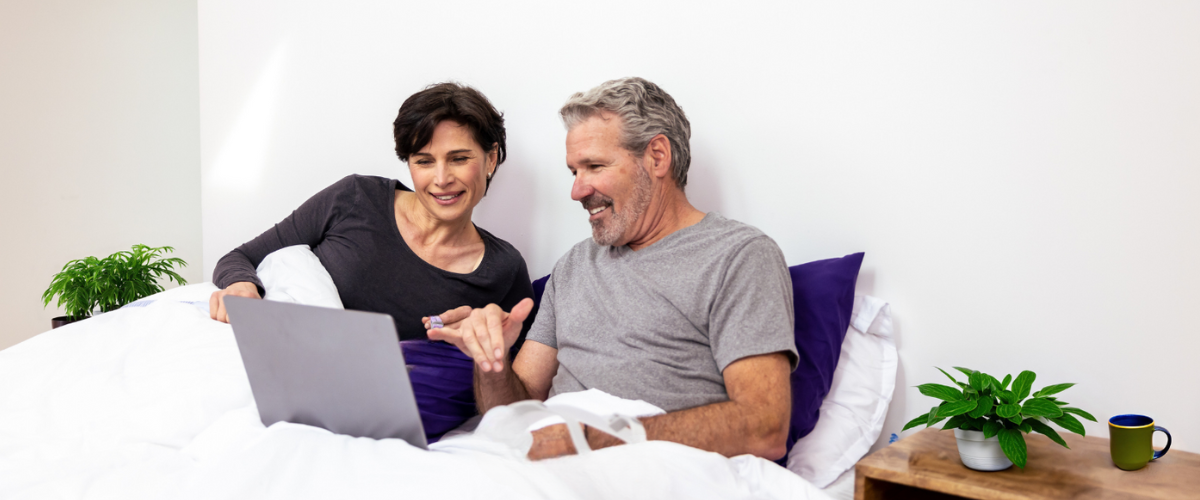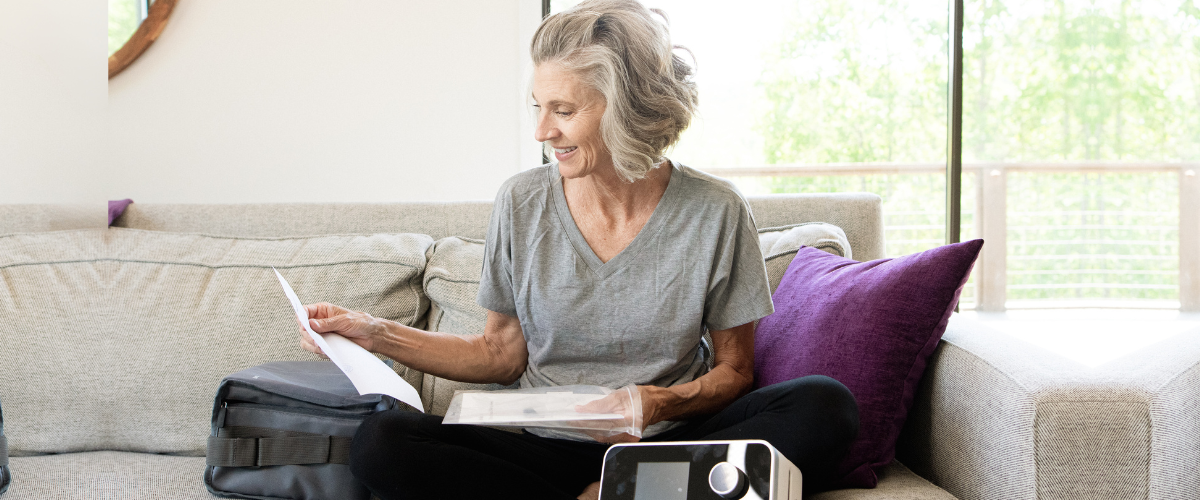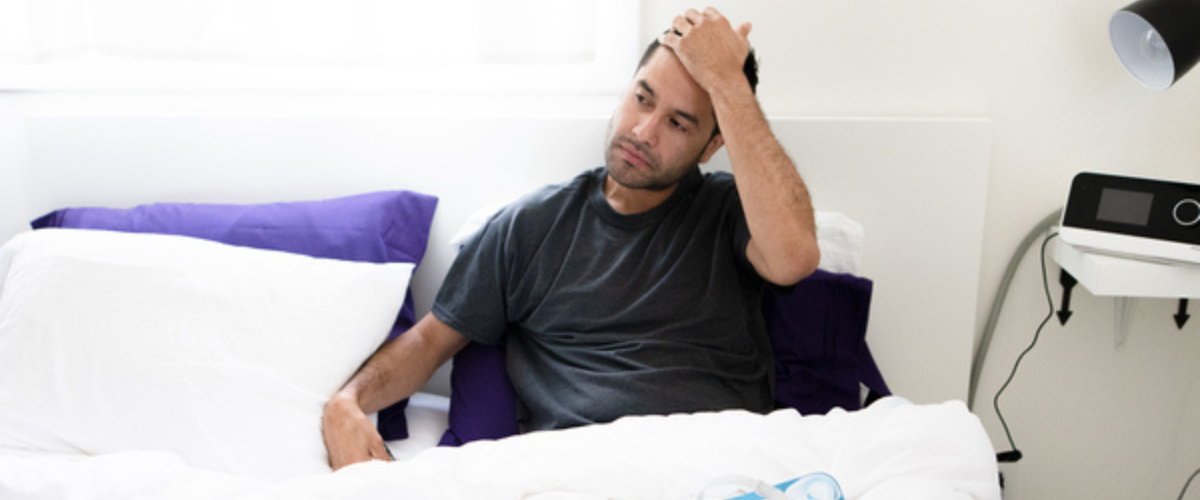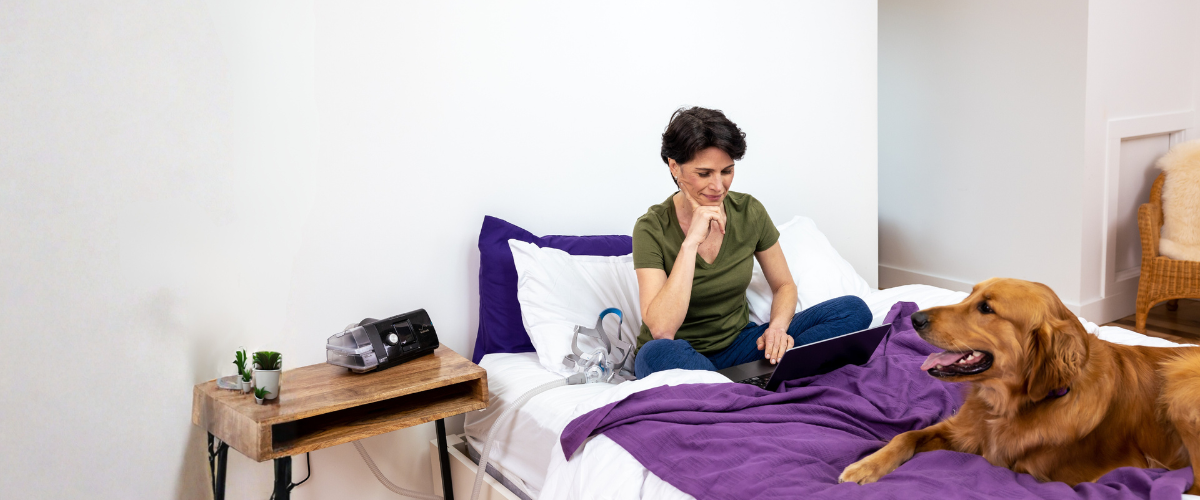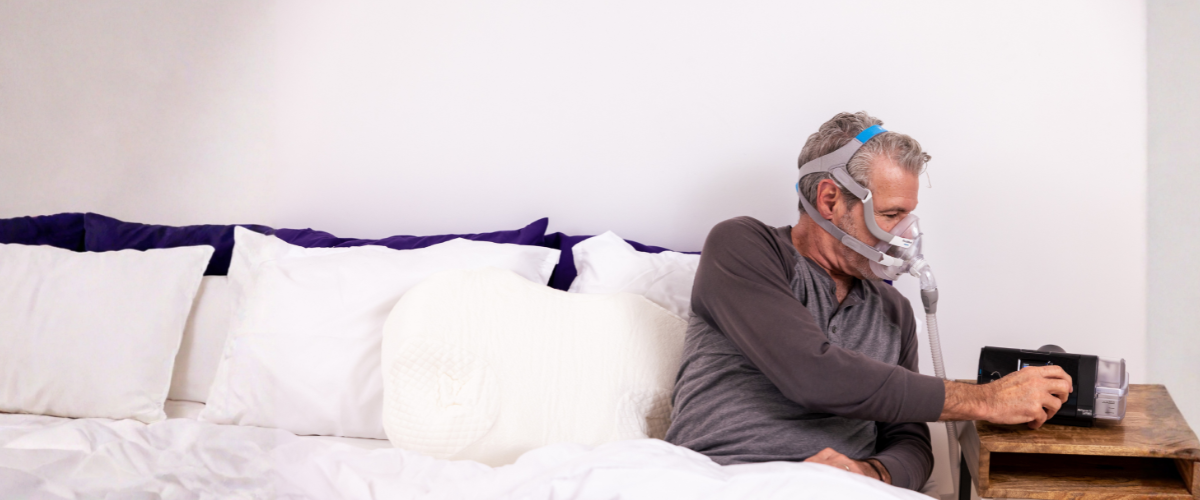As a new or curious obstructive sleep apnea (OSA) patient, you may be wondering if alcohol use is linked to your condition. A good night’s sleep may not seem as tempting as a wild night of heavy drinking, but hangovers are only the beginning in the world of an OSA patient!
There is a link between sleep apnea and drinking alcohol. In fact, alcohol ingestion can increase the risk of apnea in adults by 25%! So stick with us while we explain the interplay of alcohol and sleep apnea, why alcohol is a terrible sleep medicine, and what you should do if you think you have OSA.
Table of Contents
Can Alcohol Make My Sleep Apnea Worse?
Yes, alcohol can exacerbate sleep apnea. Studies have shown us that the depressive effect of alcohol may cause the muscles of your upper airways to relax to the point of collapse. (Yikes.)
Just like your arms and head may feel heavier when you’ve been drinking, the muscles and tissues in your airways relax, too. Alcohol’s sedative effect can also make you slower to awaken when you can’t breathe, making apneas (instances of stopped or slowed breathing) longer and more severe. That means your body has to produce more intense arousal responses in the night (for example, suddenly waking to gasp for air) putting major strain on your cardiovascular system.
It’s not a minor issue - losing the oxygen in your blood (called desaturation) puts huge stress on your body and all the cells and tissues therein. You may wonder, ‘Is it any really worse than drinking myself into a hangover?’
The truth is that obstructive sleep apnea itself often feels much like a hangover the next day, and might even be mistaken for one. Consider these OSA symptoms and their similarity to a rough morning after inebriation:
- Daytime sleepiness
- Fatigue
- Difficulty concentrating
- Headache
- Sore throat and dry mouth
- Irritability
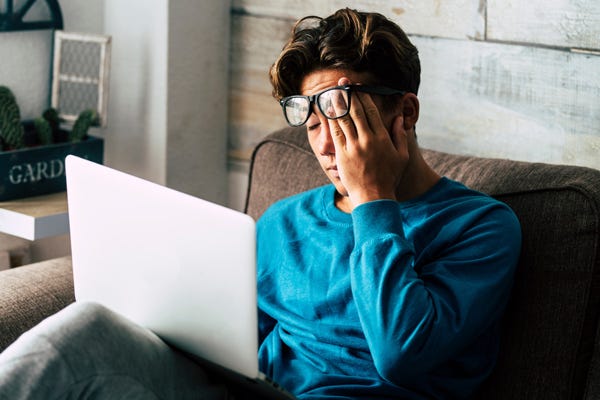

The problem that outstrips a hangover is that drinking an alcoholic beverage before bed puts those with underlying OSA at increased risk of the sleep issues they’re already at risk for and undergoing treatment to manage.
Wait, Doesn't Alcohol Help Me Sleep?
You’d think so, right? Because of the sedative effects of alcohol, many people believe alcohol helps them sleep, but it actually does the opposite. Alcohol reduces both total sleep time and overall sleep quality. Talk about a double bummer!
Alcohol has been proven to reduce the body’s natural production of melatonin, undercutting it by nearly 20%. Melatonin is the sleep hormone that responds to darkness so that your circadian rhythm stays balanced. Without it, your sleep cycle can be interrupted, opening the door to sleep disorders, excessive daytime sleepiness, and a downward spiral in your mental health due to a lack of REM sleep.
How Long Before Sleep Should You Stop Drinking Alcohol?
We know there are windows of time after drinking that make for wiser, safer (and legal) driving, but what about mitigating the effects of alcohol on your OSA? This really depends on your body and health as well as both how much and how often you drink. The basic idea is to get the alcohol through and out of your system before your head hits the pillow.
To that end, you should typically play it smart and close your tab at least 4 hours before bed. Also, aim to limit yourself to 1-2 drinks in a given day. If you think OSA is hard on your health, alcoholism is a misadventure you want no part of. Be sure to remember to drink lots of water, too, to stay hydrated so your body is better able to clear the alcohol from your system.
What Should I Do If I Think I Have Sleep Apnea?
If you frequently experience the above symptoms of sleep apnea - even when you don’t drink before bed - you should talk to your doctor about OSA right away. Treating obstructive sleep apnea can vastly improve your quality of life by improving your quality of sleep. It also dramatically lowers your risk factors for hypertension, heart disease, and depression.
Your doctor will recommend an overnight test called a sleep study, which can be done in-lab or at home. They will do a systematic review of your heart rate and oxygenation as well as determine your AHI (Apnea-Hypopnea Index) - a measure of how many times your breathing slows or stops entirely each hour. The higher the AHI, the higher the severity of your OSA.
If the sleep study does determine that your sleep problems are due to obstructive sleep apnea, you’ll probably be recommended a moratorium on nightcaps. Sorry!
More importantly, the medical advice will almost certainly be to begin CPAP therapy. Continuous Positive Airflow Pressure (CPAP) keeps airways open while you sleep. This improves your oxygen saturation, reduces that chainsaw snore you’ve been ripping each night, and lowering your risk of sleep apnea-related cardiovascular effects.
But which CPAP machine should you use? What mask will be best? That’s where we can make your life so much easier! At CPAPsupplies.com we have a highly knowledgeable team ready to help make this process as smooth as possible.
We can offer recommendations based on how you sleep to find you the right fit and accessories. We can’t wait to hear from you and get you back on track to a better night’s sleep!

